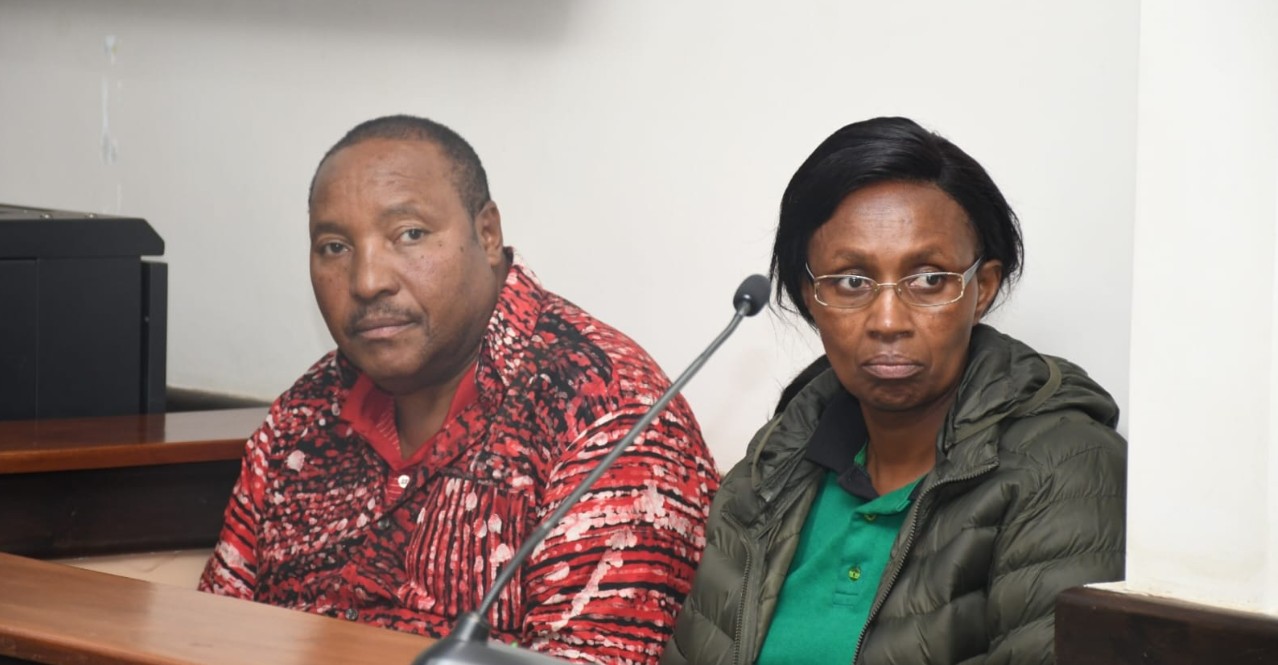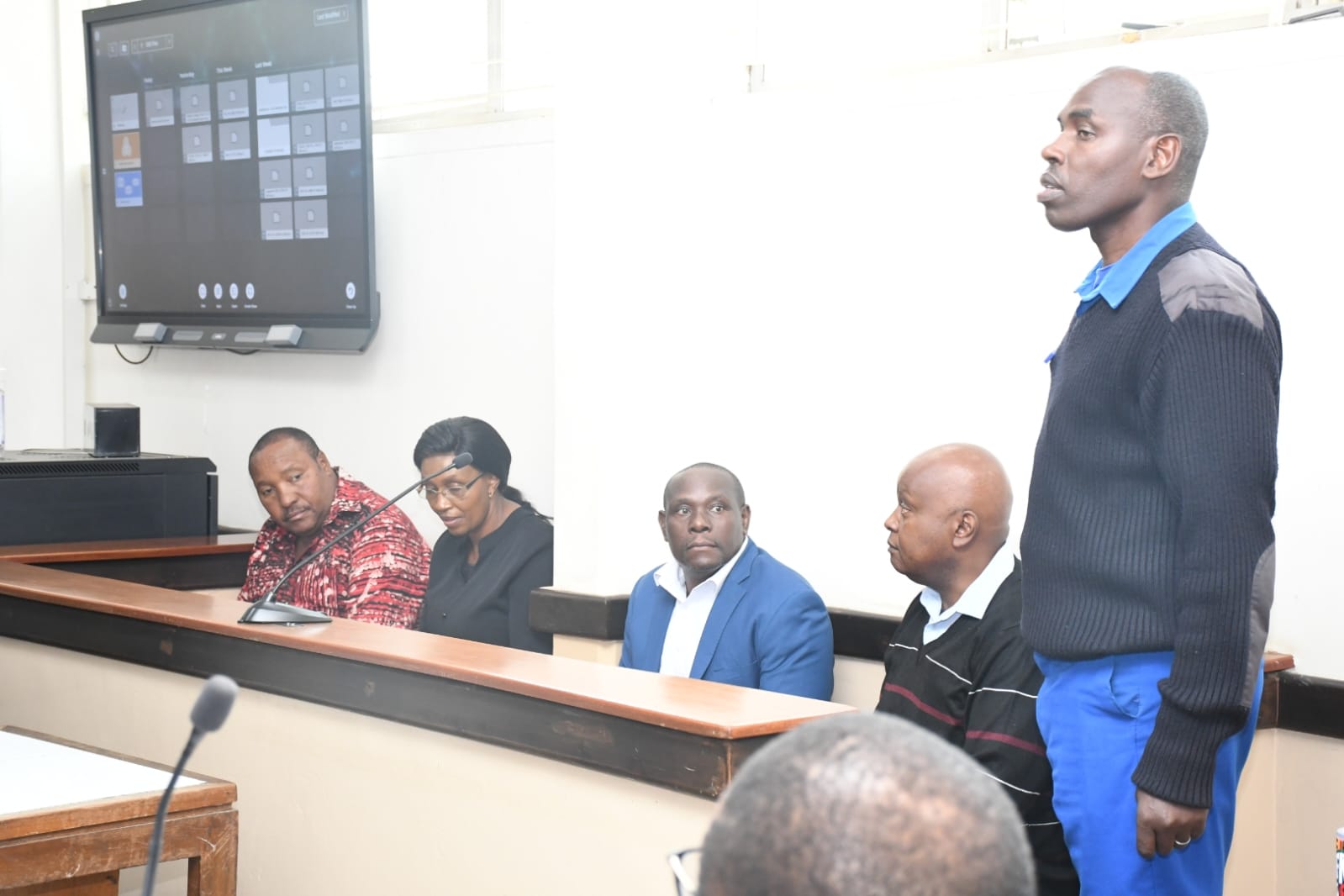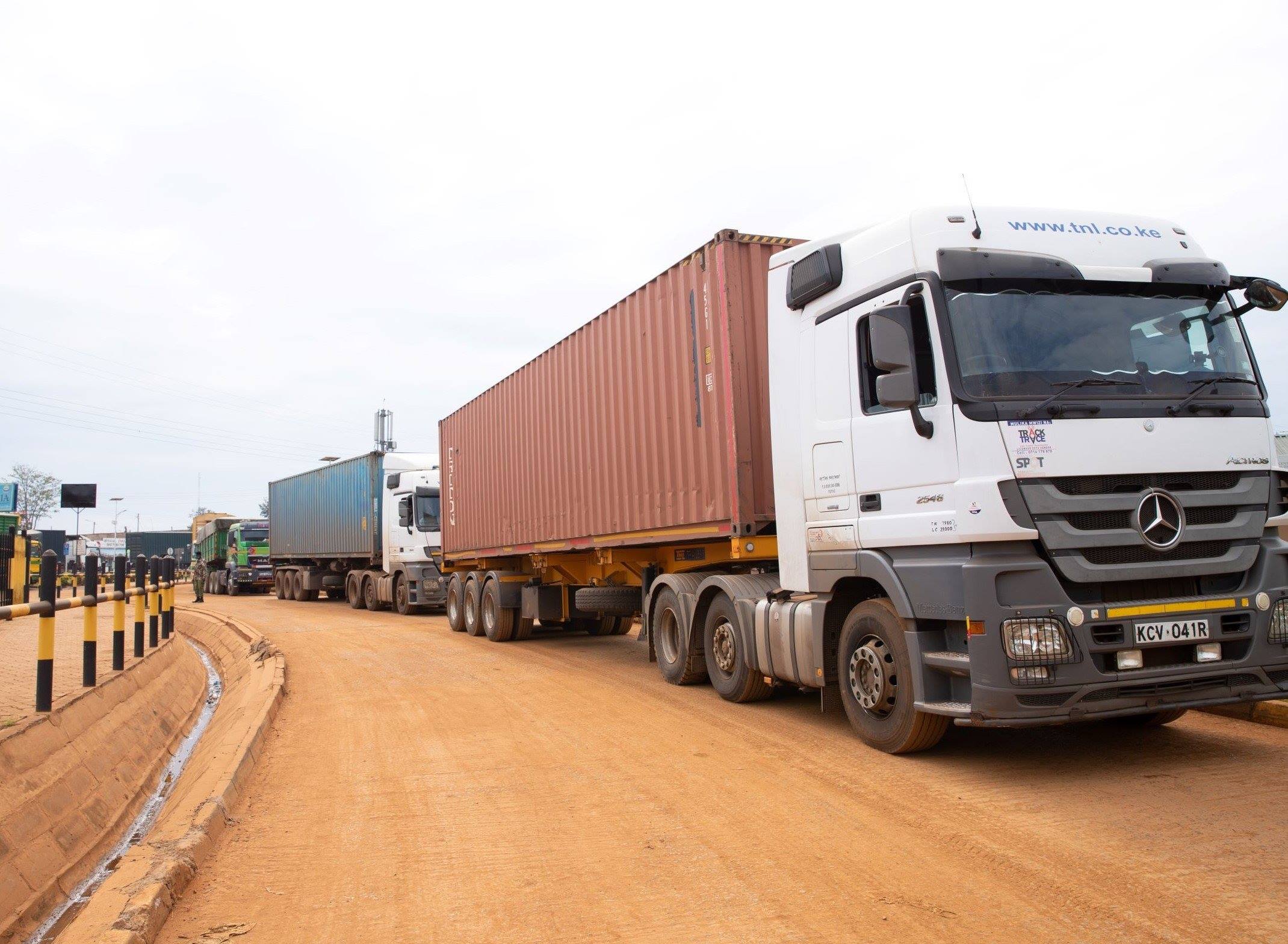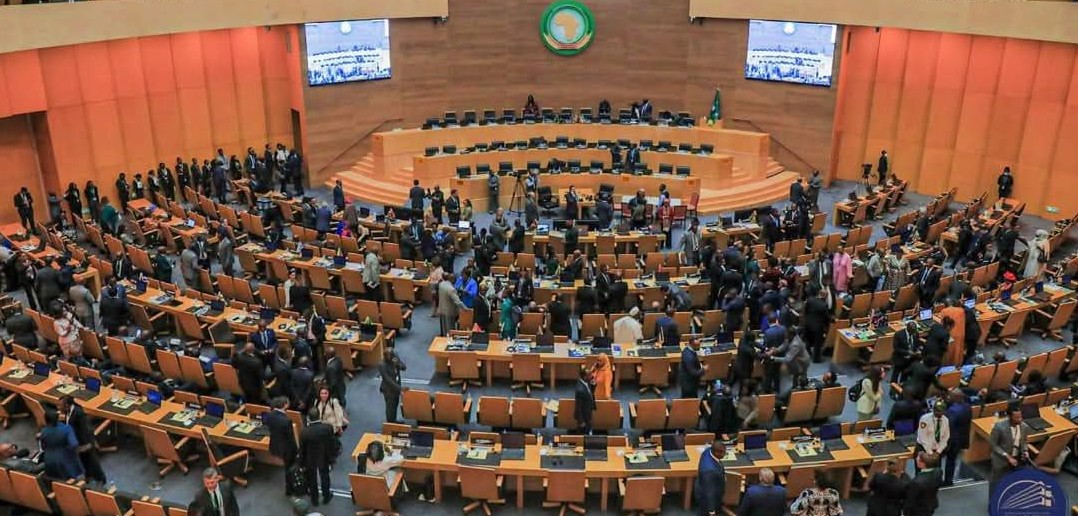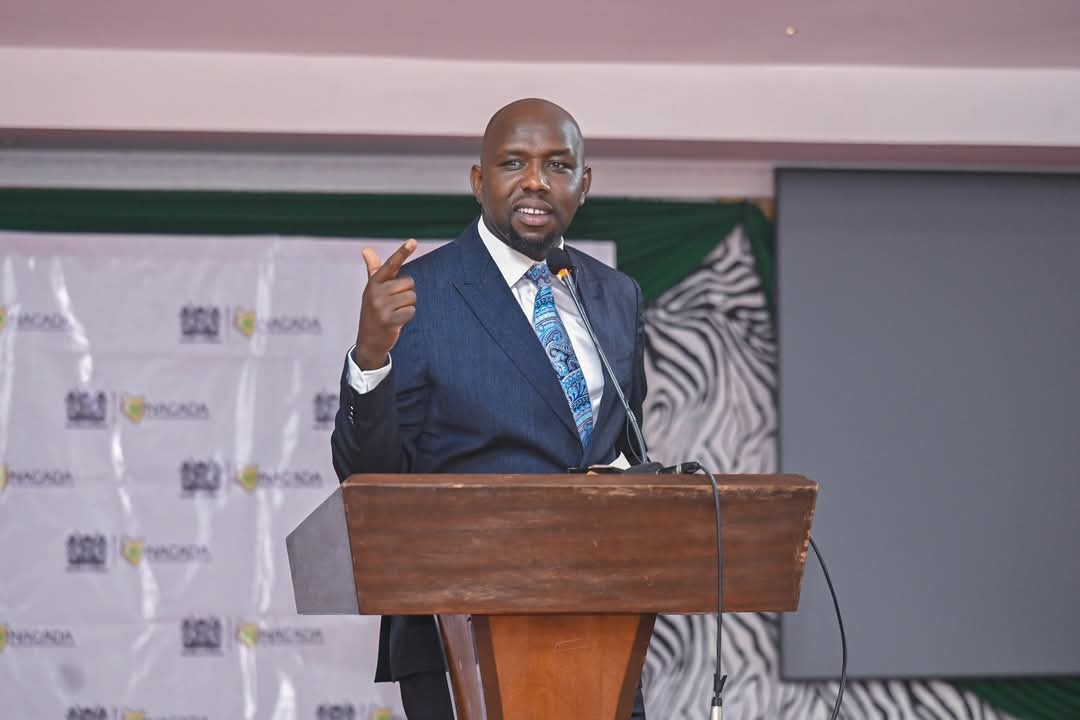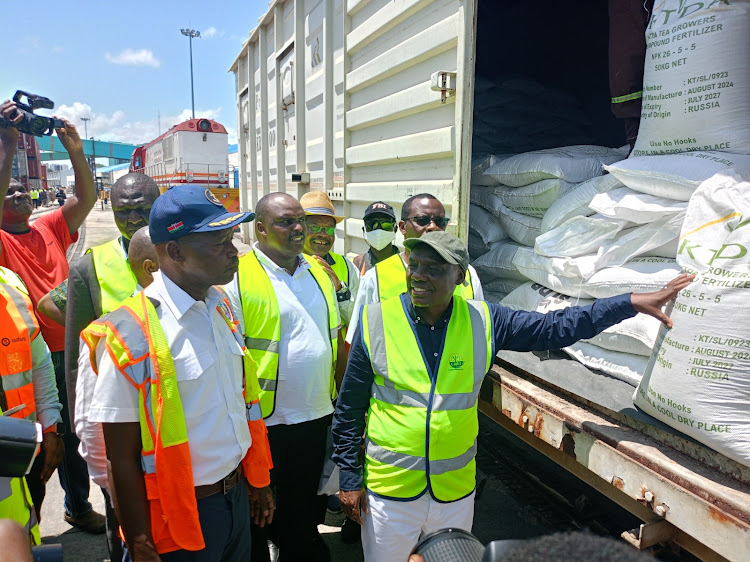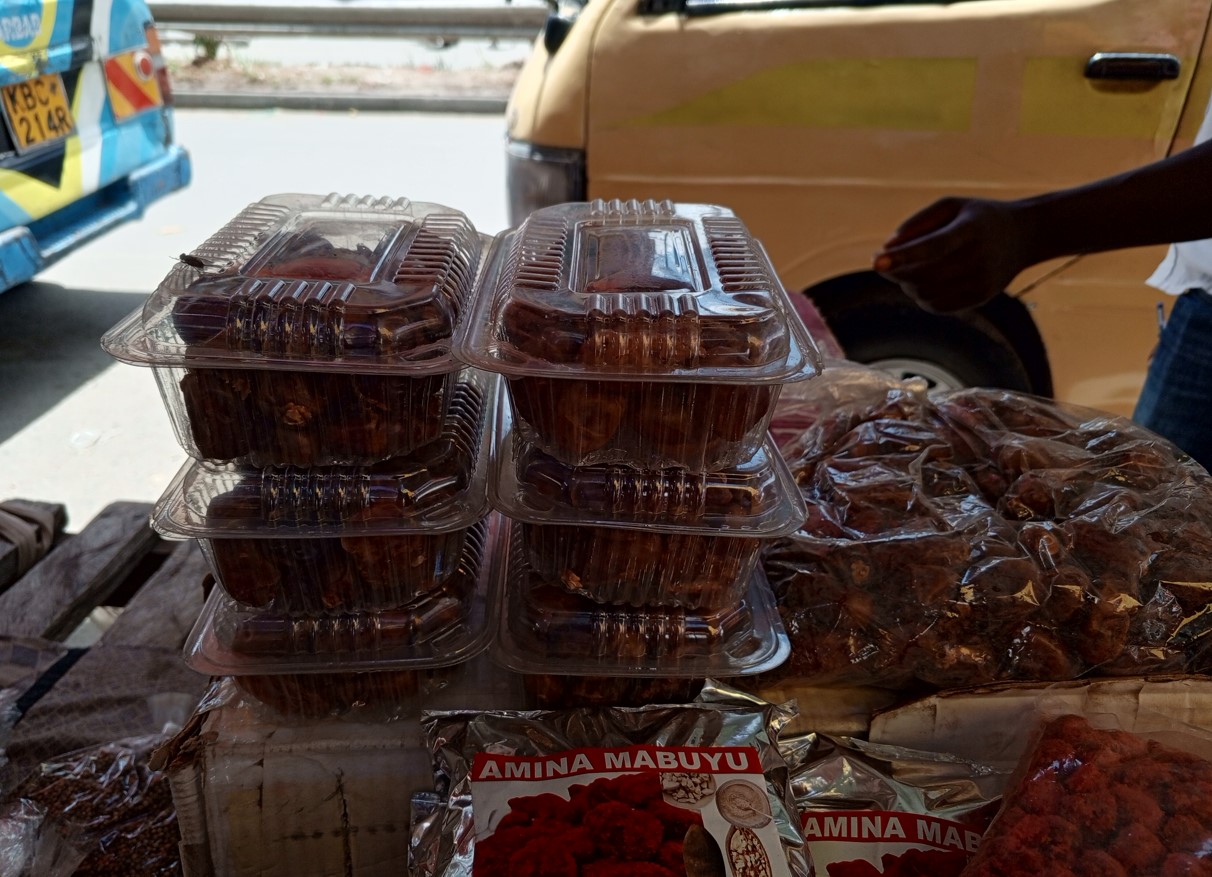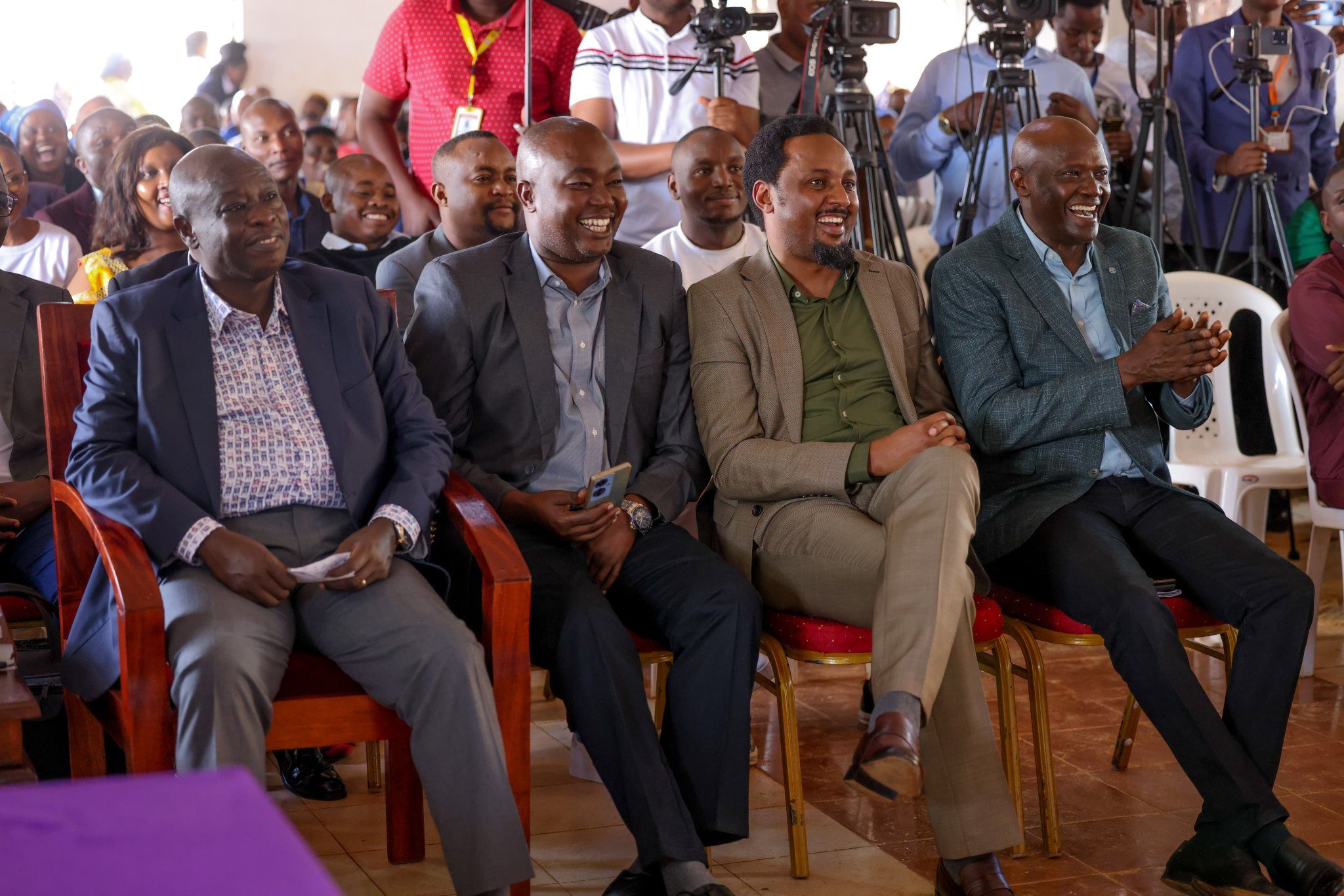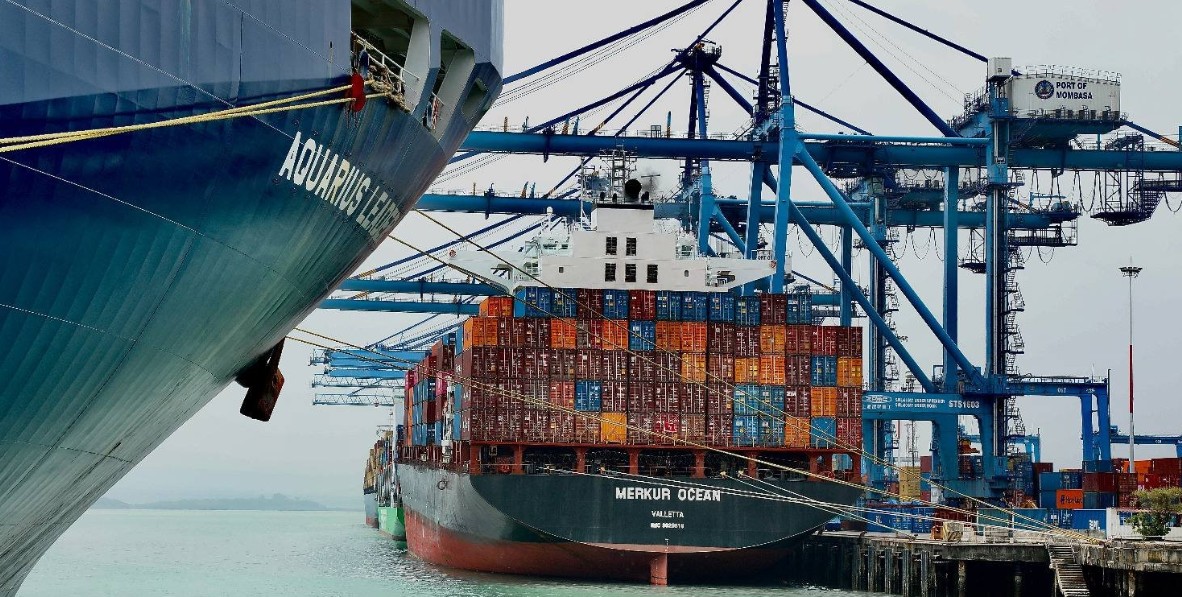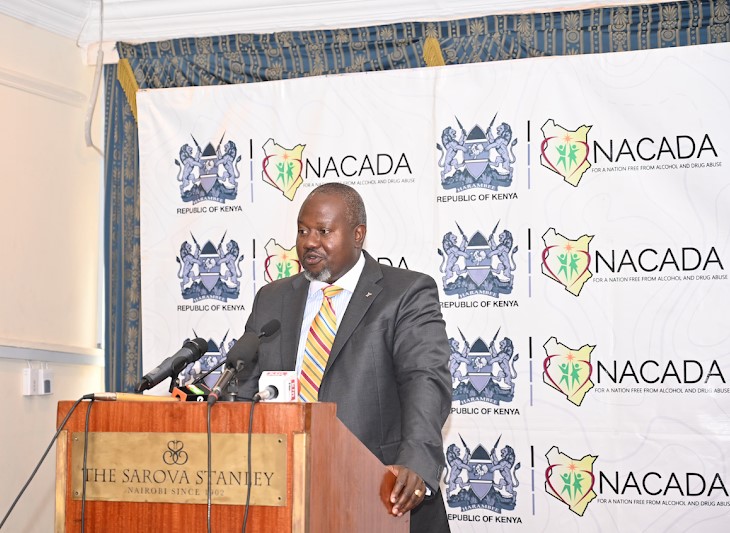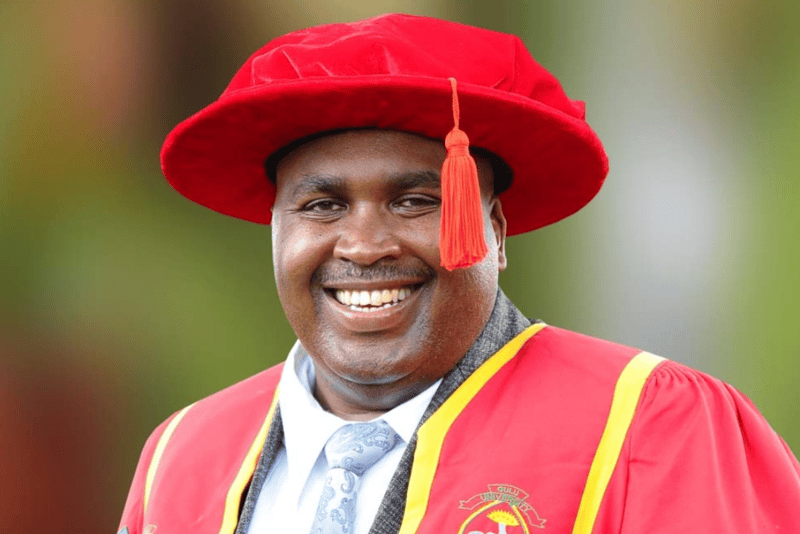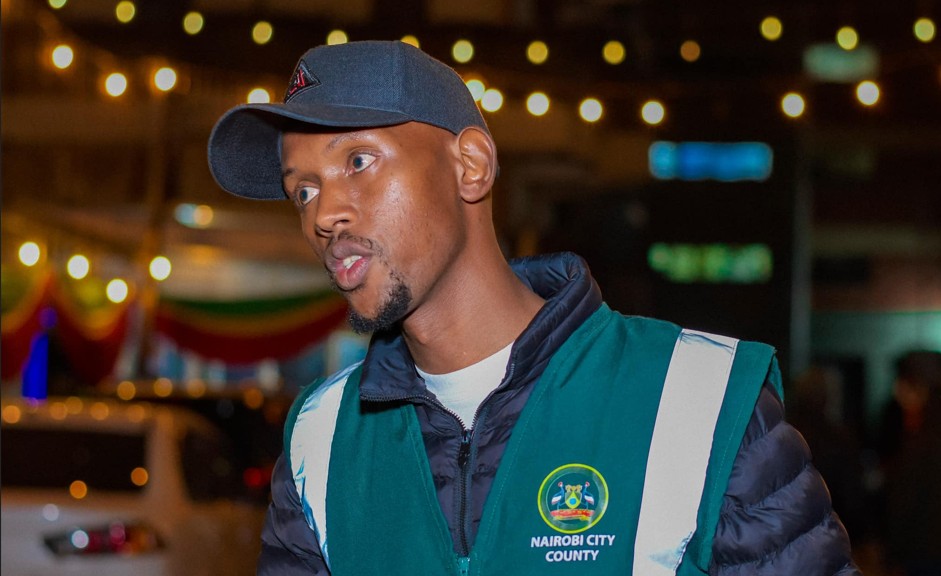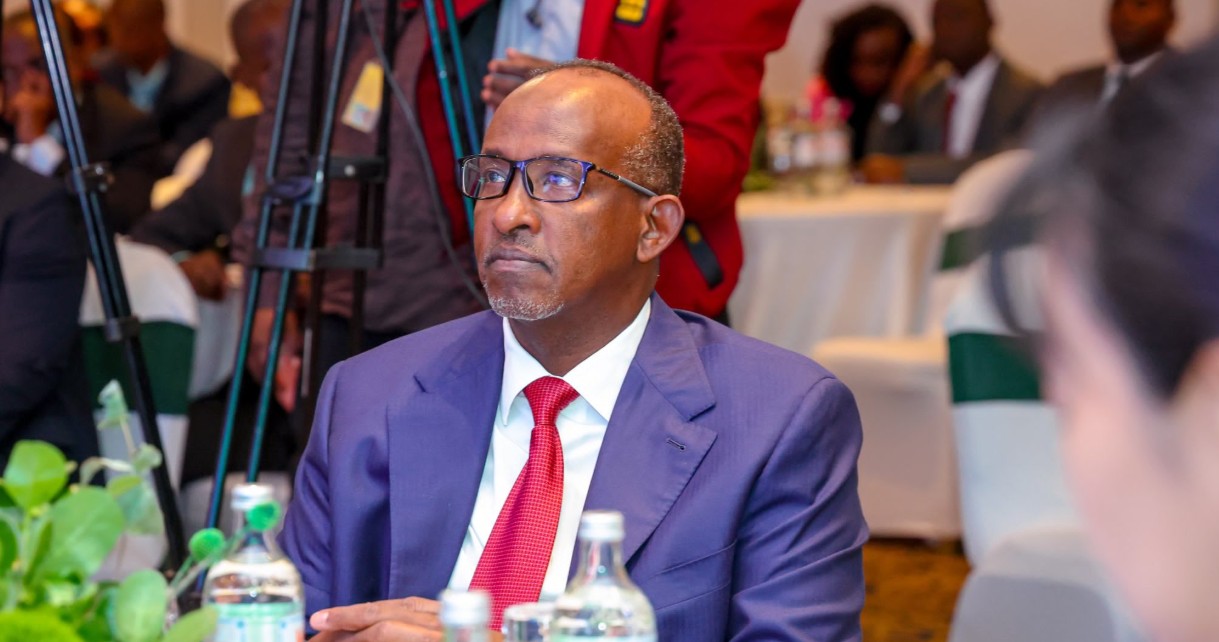Liberian President Joseph Boakai suspends over 450 officials over failure to declare assets
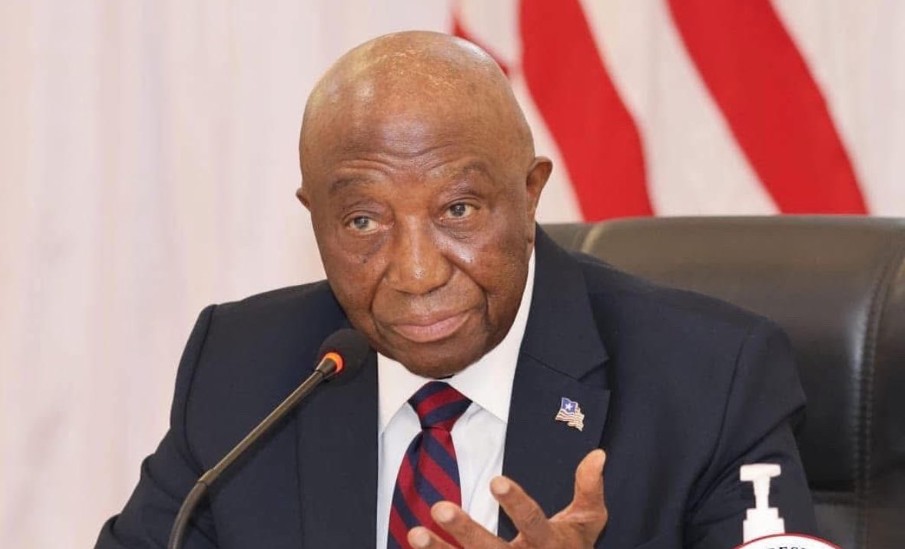
Critics questioned the timing of the suspensions, especially amid the national energy crisis, suggesting that the move could destabilize the already struggling sector.
Liberian President Joseph Boakai on Wednesday, suspended more than 450 government officials who failed to comply with his mandatory asset declaration requirement.
The suspensions were a direct result of a report from the Liberia Anti-Corruption Commission (LACC), which revealed that these officials had not submitted their asset declarations as required
More To Read
The suspended officials include high-ranking figures from several sectors, including education, health, and tourism.
Notable among those suspended are the entire acting management team of the Liberia Electricity Corporation (LEC), which has faced challenges amid an energy crisis worsened by low water levels at the Mount Coffee Hydropower Plant.
Interim Managing Director Thomas Gonkerwon and his deputies Eric A. Fredericks, Emile Karnga, and Dele Shobayo were included in the list.
The list also includes prominent officials such as Eugene Fahngon, Director General of the Liberia Broadcasting System (LBS), Jarso Jallah, Minister of Education, Louise Kpoto, Minister of Health Mohamed Maladho Bah, Presidential Special Envoy on Investment, and Christopher Hages Onanuga, ambassador-at-large for tourism.
Despite the suspensions, Bah and Onanuga visited the LACC's office Wednesday in an attempt to fulfil the asset declaration requirement.
In June 2024, President Boakai and Vice President Jeremiah Koung made an unprecedented move by releasing partial details of their asset declarations to increase transparency. Although public officials are not required by law to disclose their assets, the president and vice president's actions were intended to set an example.
However, more than 400 appointed officials, including those working at the Executive Mansion, ignored even a presidential directive to comply.
The Executive Mansion defended the suspensions, citing Liberia's 2014 Code of Conduct, which mandates public officials to declare their assets.
In November 2024, President Boakai issued a 10-day grace period for officials to submit their disclosures, which most failed to meet.
"The President is committed to ensuring good governance and restoring public trust in Liberia's institutions," the Executive Mansion said in a statement.
Critics, however, questioned the timing of the suspensions, especially amid the national energy crisis, suggesting that the move could destabilize the already struggling sector.
On the same day, the Civil Service Agency (CSA) announced that officials who failed to comply with the asset declaration requirement would face salary freezes for February.
The freeze will remain until the officials submit their declarations.
"The measure is intended to ensure that all officials of government adhere to the necessary regulations and maintain the trust placed in us by the public," the CSA said.
Suspended officials were also instructed to hand over any government assets they controlled.
While some, like civil society advocate Abdullah Kiatamba, supported the president's stance on corruption, they expressed concern about systemic challenges.
Kiatamba pointed out that rural officials often face infrastructure and internet access limitations, making compliance difficult.
He urged for solutions to address these logistical hurdles to ensure fair application of the law.
However, others felt the suspensions did not go far enough. Morlu Morlu, Chairman of the Solidarity and Trust for a New Day (STAND), criticised the suspensions as too lenient.
"The failure to declare assets wasn't a simple oversight, it was an intentional act of defiance," he said, suggesting that a one-month suspension was not enough to hold officials accountable.
The LACC's list of suspended officials has come under scrutiny due to several errors. Some individuals were mistakenly listed in positions they did not hold, and others, such as Zorzor City Mayor Yanquoi Dolo, who had already filed his asset declaration in 2024, were wrongly included.
"I declared my assets and liabilities in 2024, right after my appointment," Dolo expressed frustration.
Another affected individual, Robell Gbeintor, took to social media to protest her inclusion, demanding her name be removed due to inaccuracies in her position and gender.
The errors in the list have sparked public outcry and raised questions about the accuracy of the asset declaration process.
Top Stories Today
